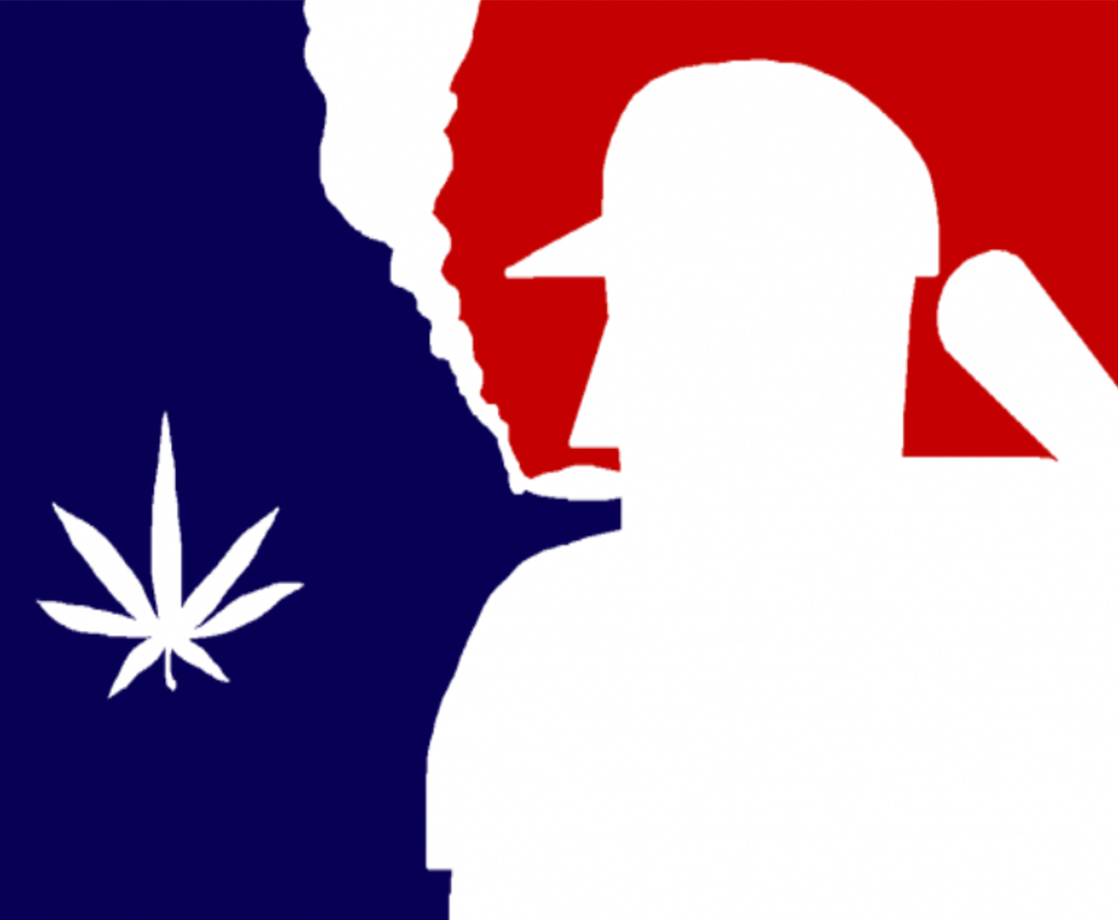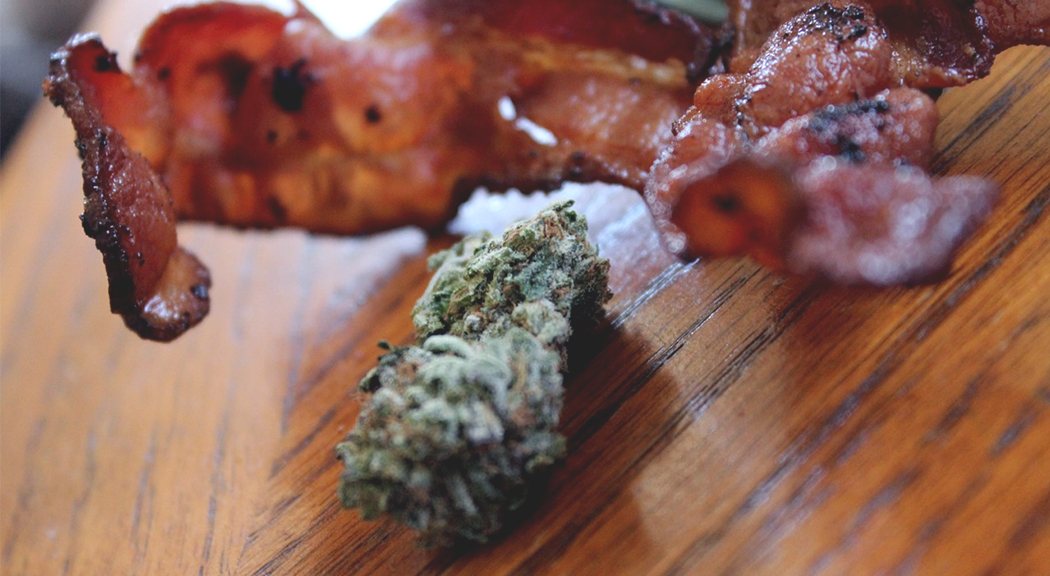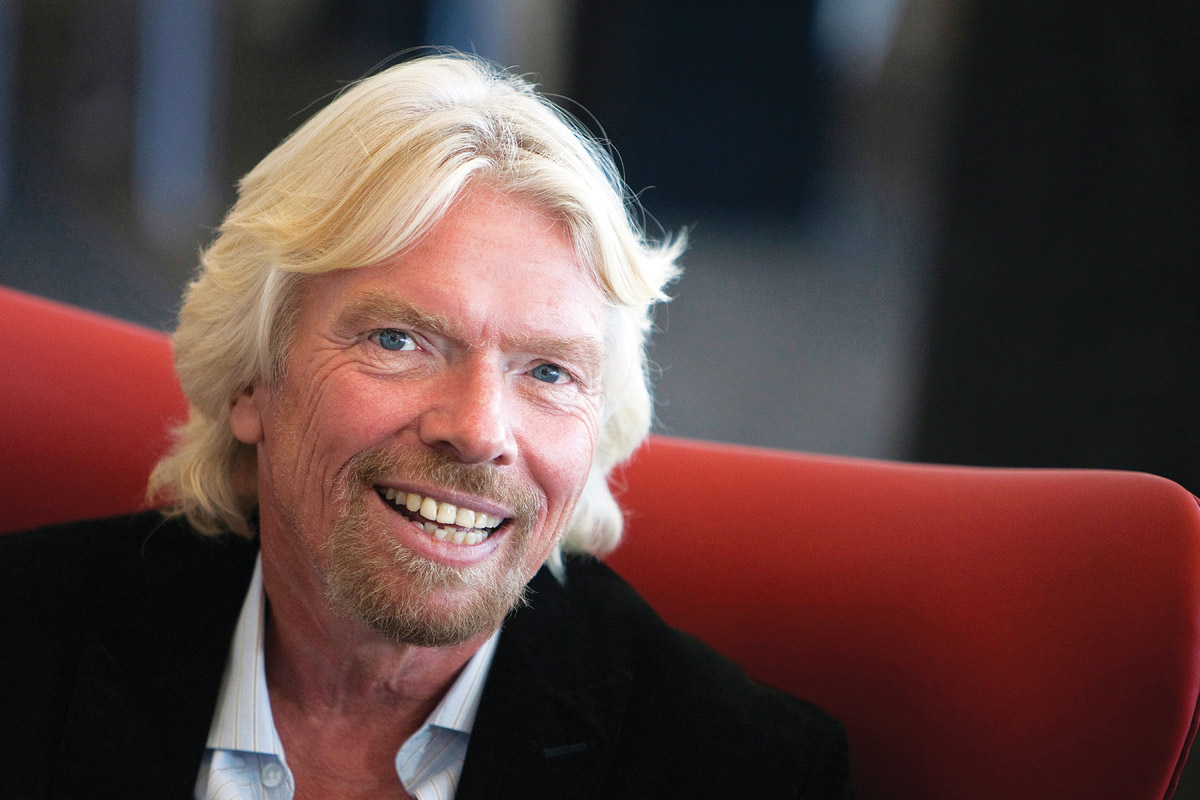Well, the good news is that MLB players can now smoke weed, so long as they don’t toke on the field. The bad news is they cannot sign sponsorship deals with state-legal pot companies, nor can they privately invest in cannabis companies, either.
But, according to the final rule changes released last month by the MLB’s Deputy Commissioner Daniel R. Halem, players will instead face increased scrutiny for opioid abuse, Benzinga reports. The changes came after LA Angels’ pitcher Tyler Skaggs died last year of an opioid overdose from pills that he was not legally prescribed.
Prior to the revision, MLB players who tested positive for marijuana were required to take drug rehab courses. Failure to attend rehab resulted in a $35,000 fine for each infraction. The drug rehab requirement and its subsequent failure-to-comply fine are now history. The MLB would rather players take cannabis to control their chronic pain over addictive painkillers.
“While natural cannabinoids will no longer be considered Prohibited Substances under MLB’s Drug Programs, there are still restrictions on, and risks associated with, the use, possession, and distribution of marijuana and other natural cannabinoids,” read the MLB’s February memo.
However, CBD made from hemp — a form of cannabis that is now federally legal — is not considered a marijuana product. The league is currently considering stocking teams’ locker rooms with CBD oils or tinctures free of THC, though league doctors remain banned from writing suggestions for medical marijuana.
The MLB’s pro-pot policy is one of the most progressive in American professional sports. The NHL already looks the other way when hockey players test positive for weed, and the NFL may soon stop suspending players who test positive, as well. On the other hand, the NBA continues to treat cannabis like other illicit drugs such as cocaine or meth. And while the WWE is a staged sport, its pro wrestlers haven’t been tested for weed for the past several years.
The MLB’s ban on cannabis sponsorships was likely preemptive, just in case ballers thought they could link their careers to weed legalization. In 2017, NASCAR ordered driver Carl Long to remove all logos and decals for the Colorado-based cannabis company Veedverks from his vehicle and from his team’s uniforms. Elsewhere, a professional soccer team in Detroit recently inked a sponsorship deal with a legal weed company, which includes advertisements on the players’s jerseys. So it’s not as if American sports pros haven’t already tried to bank on, and promote, state-legal weed.











